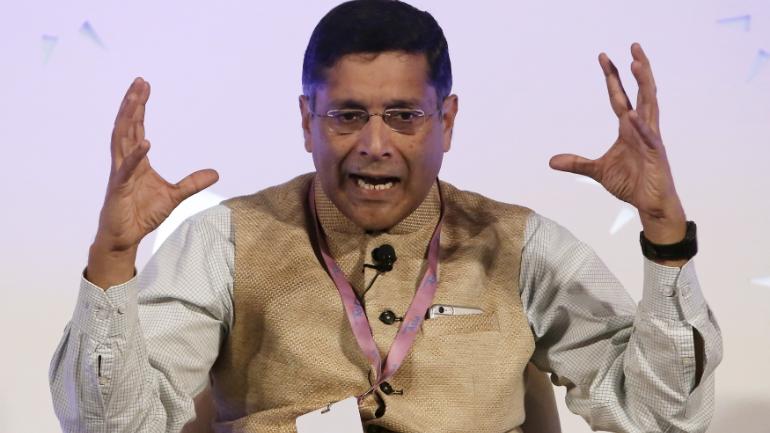Indian media is well known for sensationalising issues. To attract more eyeballs, media organisations exaggerate everything and make sensational headlines. The print medium is relatively better but few websites and almost all the television channels are more of Ekta Kapoor serials than platforms for sensible coverage and informative reporting. The left-liberal media establishment collaborates with the opposition, mainly Congress which has nurtured and nourished it since the days of state monopoly over media and spreads ruckus. The state monopoly over media ended in last the few decades but the subservience of left-liberal media to Congress remains the same. The people in the media still pursue fear and rumor-mongering on the direction of their political masters.
Former chief economic advisor, Arvind Subramanian criticized media for unfair coverage of his writings on demonetization. “The media coverage of the book is very different from what I think are the contents of the book,” said Subramanian while answering to the questions of the former governor of RBI, Y V Reddy in an event organized by Manthan India, a platform for sharing deas. “I think of this book as a very balanced book… pointing out all the achievements, pointing out challenges but you know the journalist’s rendition of this is always the juice, the spice, the masala, the negative,” added Subramanian.
Almost every media organization highlighted his line “massive, draconian, monetary shock,” about demonetization. However, the line was mentioned to give a sense of the scale to which amount of currency that was withdrawn from the economy. The content of the book seems balanced as far as the overall analysis of ‘demonetization’ is concerned. The chapter on demonetization analyzed political and economic benefits/ losses due to the withdrawal of 86 percent of the currency. It argued that demonetization played a major role in BJP’s victory in the assembly elections in Uttar Pradesh. But mainstream media highlighted only negative statements on demonetization and tried to sensationalize specific line without proper context.
The mainstream media has been very unfair in the coverage of demonetization and pointed only negatives of it. Bloomberg Quint which published the video of Subramanian’s lecture removed the criticism of media from the texts of the article.
Arvind Subramanian recently launched his book ‘Of Counsel: The Challenges of the Modi-Jaitley Economy’ based on his nearly four-year experience of working as CEA in Modi government. Subramanian has praised the work culture in Modi Administration and compared it with his experience at IMF. “In terms of the freedom to say things, within, and especially outside, I found the government of India much more open than the IMF,” said Arvind Subramanian.
The disdain of Lutyens’ media towards Modi government is very much visible from the overall reporting on the rupee issue. The short-sighted and ideologically polarised anchors and journalists in English media reported the fall of rupee in a way as if the macroeconomic conditions of the country had become worse and the country was on the verge of becoming a defaulter in the international payments system. Indian media exaggerates every issue and the TV shows lack mature content. The Prime Time shows on TV give a sense that the world will fall apart on just the other day. The media needs to behave more responsibly and should have the national interest in the top of their priority list.
